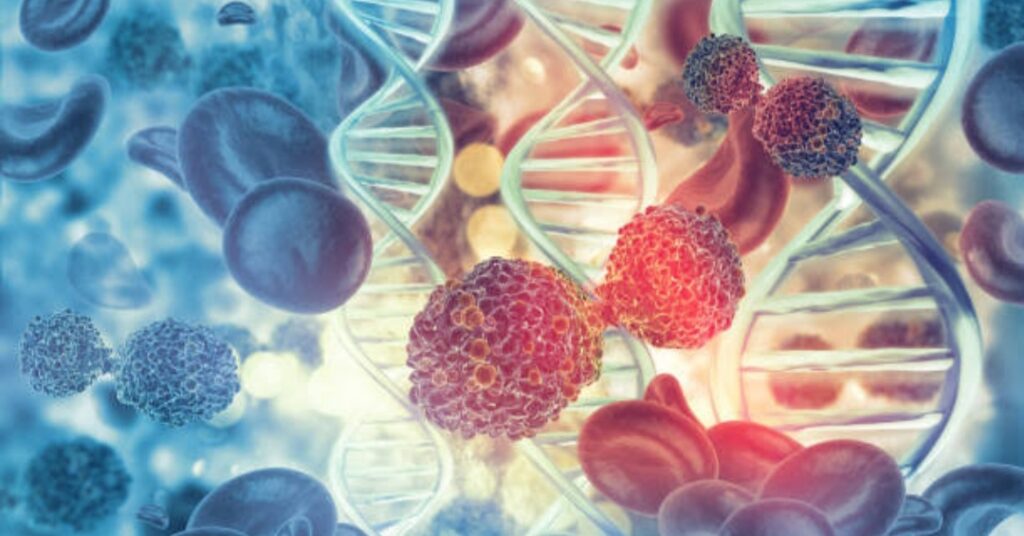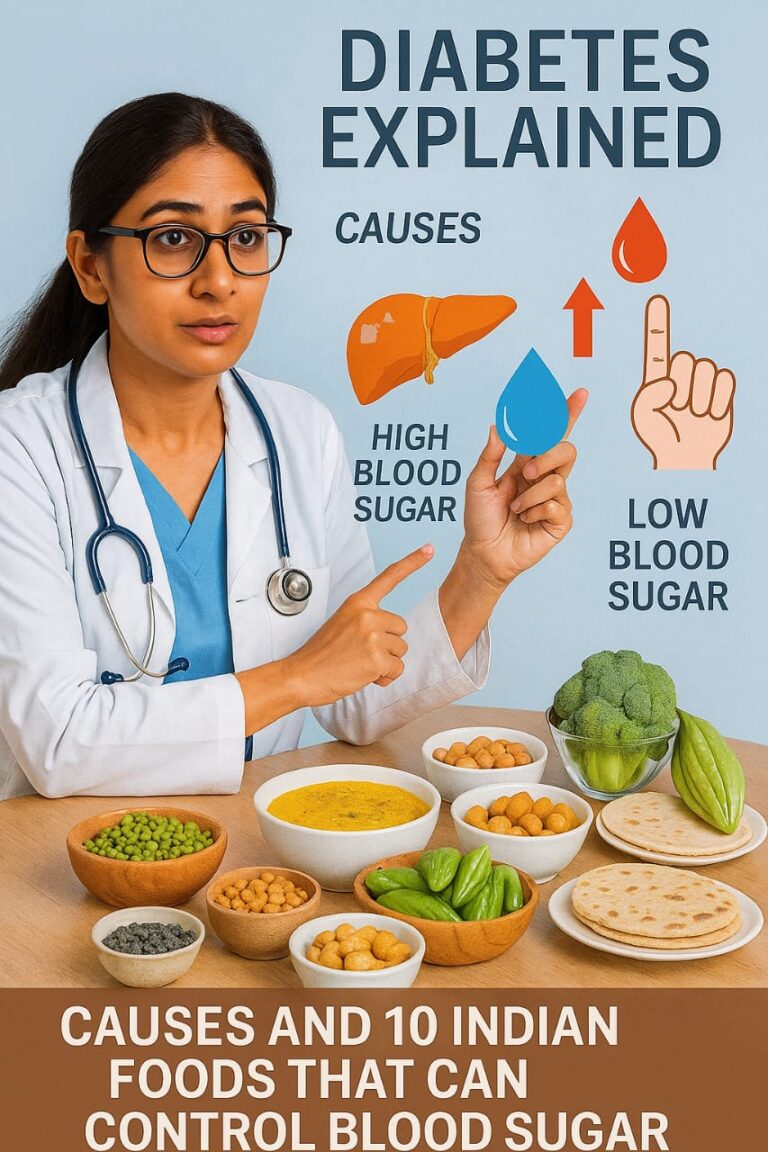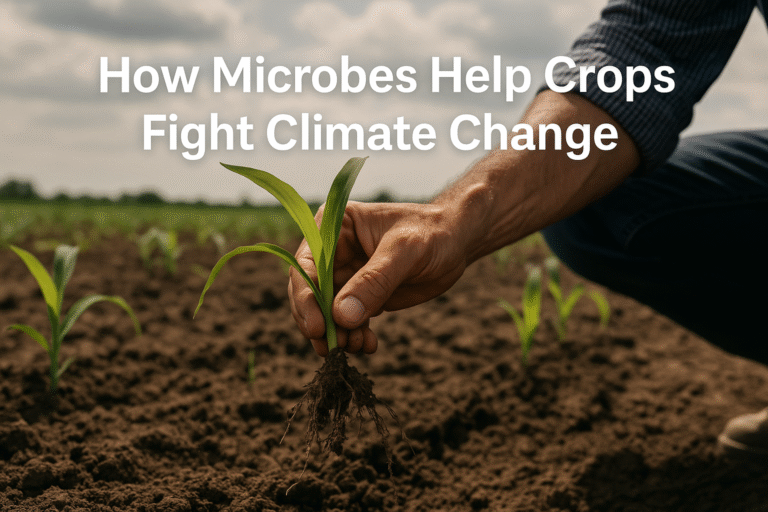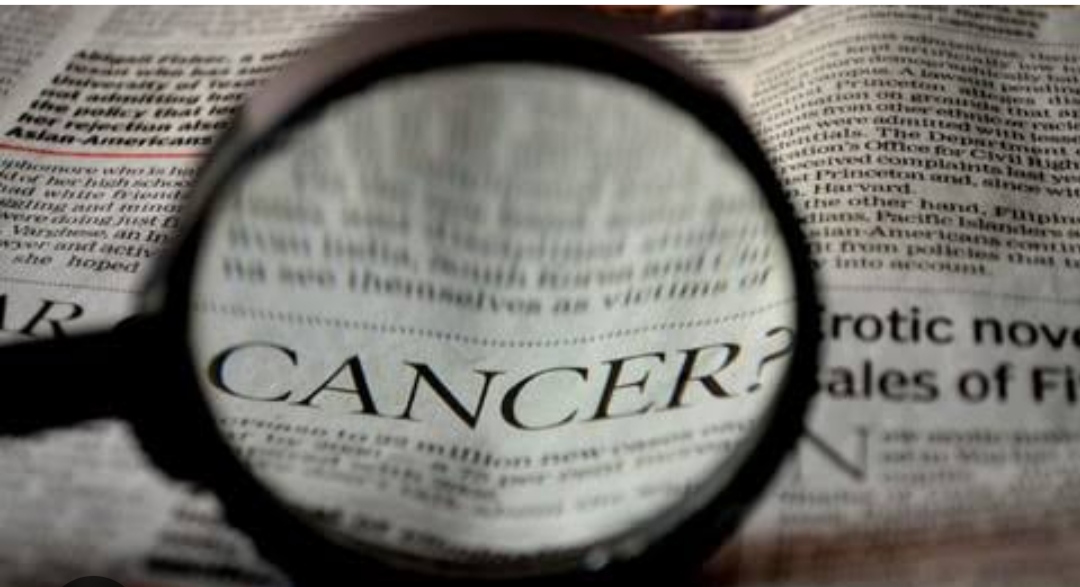
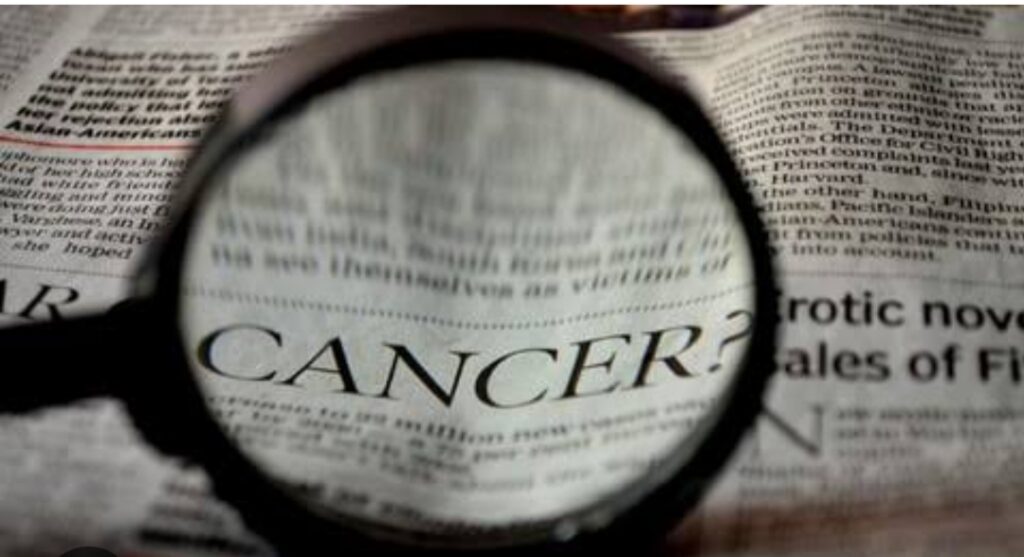
Professor Kwang-Hyun Cho and his team at KAIST (Korea Advanced Institute of Science and Technology) have unveiled an advanced approach to cancer treatment.
“What is cancer reversion?
Cancer reversion is a new way to treat cancer. Instead of destroying cancer cells, it helps them to return to normal and healthy cells.Cellular differentiation is the process by which cells develop into specialized types of cells, and it’s controlled by complex gene regulation.Identifying this gene, a new computational approach, “BENEIN,” is used.
BENEIN stands for Boolean Network Inference and Control.
Scientists use the BENEIN method to study how cells change from one type to another.This tool is useful for studying cancer reversion (turning cancerous cells back into normal ones).
How Does BENEIN Work ?
BENEIN analyzes single-cell RNA data to track how cells transition between stages. It is by
1) grouping cells based on their development stage.
2) Identifying key genes
3) Building a network model
4) Finding master regulator genes.
Why is it important?
Cancer cells grow uncontrollably because they lose their ability to become mature cells. If we can find the master genes that control cell differentiation. We might be able to reverse cancer without the need for harsh treatment like chemotherapy.
How does work BENEIN in detail?
1) Collecting and cleaning RNA data.They Got RNA sequence data from colon and rectum samples (from public database).Scientists grouped the cells into different types,such as stem cells, enterocytes, and cancer cells.
2) Identifying cancer and normal cells.This helps to control which genes control cell differentiation.
3) Tracking cell changes over time
4) Finding the most important genetic modeling, they find the key genes that control cell differentiation.For intestinal cells, the most important genes are MYB, HDAC2, and FOXF2.These genes are linked to colon cancer. For brain cells, key genes are Tcf4, k1f9 and Etv4.
5) Testing if blocking these genes can stop cancer. Turn off MYB, HDAC2, and FOXA2 in colorectal cancer cells. Results are obtained as cancer cells grow much slower and start behaving like normal cells.Scientists confirmed this by testing both lab-grown cells (in vitro) and live mice (in vivo).
Why is BENEIN better?
✅More accurate prediction.
✅Predictions are more reliable.
✅Doesn’t need prior knowledge to build a model.
✅Flexible and can be improved
✅BENEIN can work with newer AI-based tools in the future.
Future Possibilities
New cancer treatment: instead of killing cancer cells, we might be able to “train” them to become normal again.
To understand other diseases.
I would like to express my profound gratitude for this new innovation to Kwang-Hyun Cho* Jeong-Ryeol Gong, Chun-Kyung Lee, Hoon-Min Kim, Juhee Kim, Jaeog Jeon and Sunmin Park.
Reference
1) Gong, J. R., Lee, C. K., Kim, H. M., Kim, J., Jeon, J., Park, S., & Cho, K. H. (2024). Control of Cellular Differentiation Trajectories for Cancer Reversion. Advanced Science, 2402132
2) K.-H. Cho, S. Lee, D. Kim, D. Shin, J. I. Joo, S.-M. Park, Curr. Opin.
Syst. Biol. 2017, 2, 49.
3) J. I. Joo, H. J. Park, K. H. Cho, Adv. Sci. (Weinheim, Ger.) 2023, 10,
e2207322.
4) K.-H. Cho, J. I. Joo, D. Shin, D. Kim, S.-M. Park, Wiley Interdiscip. Rev.:
Syst. Biol. Med. 2016, 8, 366.
5) A. Telerman, R. Amson, Nat. Rev. Cancer 2009, 9, 206.
6) S. Powers, R. E. Pollack, Nat. Rev. Cancer 2016, 16, 266.
7) D. Ishay-Ronen, M. Diepenbruck, R. K. R. Kalathur, N. Sugiyama,
S. Tiede, R. Ivanek, G. Bantug, M. F. Morini, J. Wang, C. Hess, G.
Christofori, Cancer Cell 2019, 35, 17.
8) S. R. Choi, C. Y. Hwang, J. Lee, K.-H. Cho, Cancer Res. 2022, 82, 320.
9) Z. Cheng, Z. He, Y. Cai, C. Zhang, G. Fu, H. Li, W. Sun, C. Liu, X. Cui,
B. Ning, D. Xiang, T. Zhou, X. Li, W. Xie, H. Wang, J. Ding, Cell Res.
2019, 29, 124.
10) S. Manicka, K. Johnson, M. Levin, D. Murrugarra, NPJ Syst. Biol. Appl.
2023, 9, 10
11) C. Hong, J. Hwang, K.-H. Cho, PLoS One 2015, 10, e0145734.
12) V. Moignard, S. Woodhouse, L. Haghverdi, A. J. Lilly, Y. Tanaka, A.
C. Wilkinson, F. Buettner, I. C. Macaulay, W. Jawaid, E. Diamanti, S.-I.
Nishikawa, N. Piterman, V. Kouskoff, F. J. Theis, J. Fisher, B. Göttgens,
Nat. Biotechnol. 2015, 33, 269.
13) K.-W. Lee, S.-Y. Yeo, J.-R. Gong, O.-J. Koo, I. Sohn, W. Y. Lee, H. C.
Kim, S. H. Yun, Y. B. Cho, M.-A. Choi, S. An, J. Kim, C. O. Sung, K.-H.
Cho, S.-H. Kim, Nat. Commun. 2022, 13, 2793.
